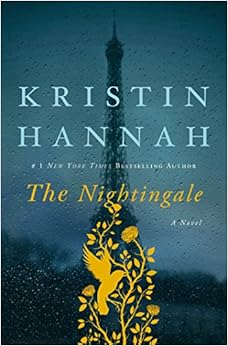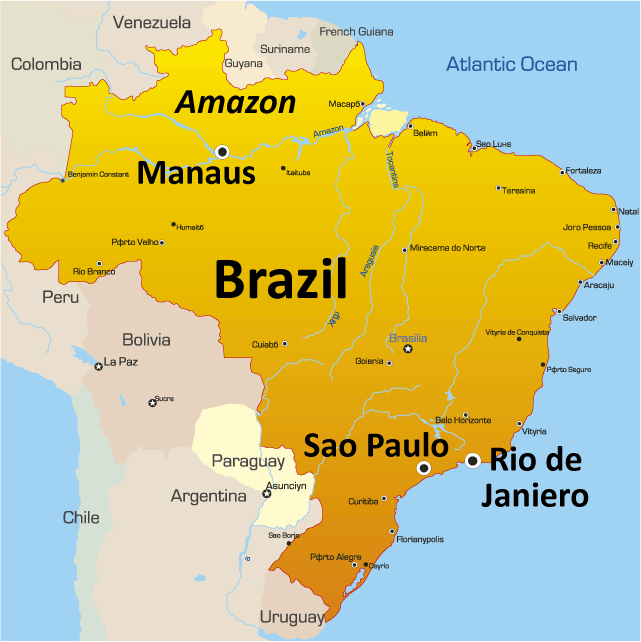Three Junes
by Julia Glass
Don't you hate it when you don't enjoy a book that everyone else loves? When this happens, I wonder a little bit what might be wrong with me. Or what I must be missing. Or the flip side of the coin ... what's wrong with or being missed by everybody else? So when I got halfway through Julia Glass's prize-winning novel, Three Junes, and realized I was skimming a lot of pages, I forced myself to slow down, regroup, and try again with a more positive attitude. I actually did a little research, trying to figure out what the appeal of this novel was for others, and the context helped a lot, kind of like it did when I read my book set in Algeria.
Set in Scotland, Greece, and New York City, the story follows the McLeod family: parents Paul and Maureen, and their three grown son, Fenno, David and Dennis. The structure of the novel is a triptych, written in three parts that are related and function as one piece, but not necessarily intended to be viewed as a whole. Glass could have written three separate books, a trilogy instead of a triptych, but she might have lost the thread of the important themes of life, death, grief, and connection.
In the first section, our narrator is Paul. He is traveling in Greece, just after Maureen's death, and he becomes enchanted with Fern, a young American woman in his tour group, who propels him to think retrospectively about his marriage and, as the book jacket references, its "secret sorrows." We come to know Paul as a quiet, steady, introspective, and somewhat naïve character, and we love him because of those traits. His gentleness is in sharp contrast to Maureen's fierceness, epitomized in a poignant scene where he embraces her from behind while her hands are submerged in water ... he does not realize that she is drowning two newborn puppies and is stunned but accepting when he realizes what she is doing. He is like the proverbial deer in headlights throughout this part of the novel: uncomfortable but not confrontational about Fenno's sexuality, hurt but not hostile about Maureen's close relationship with a male friend, attracted but distant from the lovely and intriguing Fern. I wanted to hug him and tell him that everything will be okay.
Part two is Fenno's story of leaving his homeland of Scotland, bound for New York City where he emerges with confidence as a gay man and establishes himself as distinctly and differently from Paul as he can. We meet Mal, his friend who ultimately dies of AIDS but not without blistering anger and resentment at his fate. And his mentor, who plays both paternal and fraternal roles in Fenno's life, helping him to open a bookstore and put down roots in his adopted home. And Tony, the photographer, who connects us to the third section, which is Fetn's story. Yes, we meet her again, this time pregnant and a little lost. She and Fenno find themselves with crossed paths, but they never realize their most intimate connection: Paul.
By the time I got to Fern, I was really limping along. Despite my research and my determination to finish the darn book. I can't really say I got much out of Fern's story. Or the entire novel. But I can say I tried.




